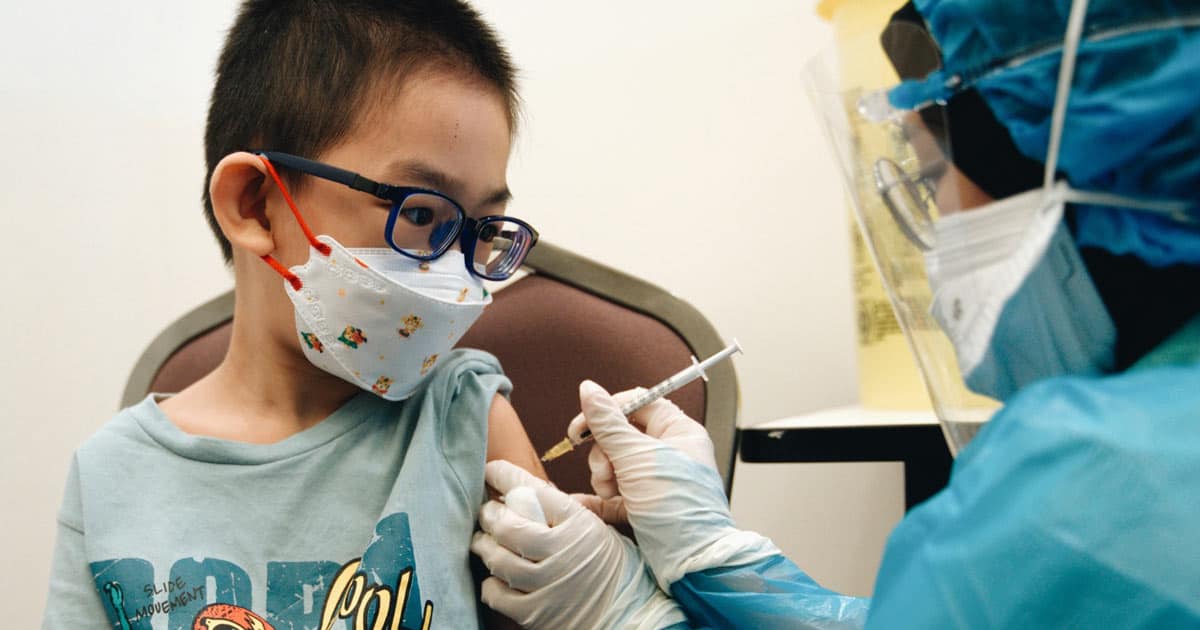Here's one I just came across not too surprising. Looks like shedding from the shots may indeed be happening. Also, large numbers of shot up people are showing spikes in their brains which could lead to sudden death.
Japan:
Deadly Spike Found in Brains of 44% of Covid-Vaccinated
by Frank Bergman
June 11, 2025 - 12:54 pm
https://slaynews.com/news/japan-deadly-spike-found-brains-44-covid-vaccinated/
 below from the link:
below from the link:
Leading biomedical scientists in Japan have just made a groundbreaking discovery while investigating the global surge in sudden deaths among people who received Covid mRNA “vaccines.”
A team of renowned researchers, including Japanese government scientists, found that almost 44% of people who received the injections have accumulated deadly spike protein from the mRNA injections in their brains.
Alarmingly, the spike was persistently present in the cerebral vasculature several months after people had received their last Covid “vaccination.”
Perhaps even more disturbing was the discovery of vaccine-derived spike protein in the brains of unvaccinated patients, raising fresh concerns about mRNA injections “shedding” from one person to another.
The researchers warn that the presence of the spike acts as a ticking time bomb that can trigger hemorrhagic stroke pathophysiology, and ultimately, sudden death.
The peer-reviewed study was led by Dr. Nakao Ota at the Sapporo Teishinkai Hospital in Japan.
The team included leading Japanese neurosurgeons, pathologists, and researchers from the Jikei University School of Medicine, Kyoto University School of Medicine, Japan’s Disease Control and Prevention Center, and the National Center for Global Health and Medicine Hospital.
The results of the study were just published in the prestigious Journal of Clinical Neuroscience.
During the study, the team conducted a hybrid retrospective-prospective analysis of 19 cases of hemorrhagic stroke at Sapporo Teishinkai Hospital.
much more at the link.
https://www.sciencedirect.com/science/article/pii/S096758682500195X
Elsevier
Journal of Clinical Neuroscience
Volume 136, June 2025, 111223
Journal of Clinical Neuroscience
Expression of SARS-CoV-2 spike protein in cerebral Arteries: Implications for hemorrhagic stroke Post-mRNA vaccination
Author links open overlay panelNakao Ota a
, Masahiko Itani b c, Tomohiro Aoki b, Aki Sakurai d, Takashi Fujisawa e, Yasuaki Okada a, Kosumo Noda a, Yoshiki Arakawa c, Sadahisa Tokuda a, Rokuya Tanikawa a
Show more
Add to Mendeley
Share
Cite
https://doi.org/10.1016/j.jocn.2025.111223
Get rights and content
Under a Creative Commons license
Open access
Highlights
•
Spike protein expression was detected in 43.8% of vaccinated patients.
•
SARS-CoV-2 spike protein persists in cerebral arteries up to 17 months post-vaccination.
•
Spike protein was expressed in the intima of the cerebral arteries.
•
In situ hybridization confirmed vaccine- and virus-derived spike protein mRNA.
•
Findings highlight concerns about mRNA vaccine biodistribution and long-term safety.
Abstract
Background
The rapid deployment of mRNA vaccines for SARS-CoV-2, such as BNT162b2 (BioNTech-Pfizer) and mRNA-1273 (Moderna), provided a critical tool in combating the COVID-19 pandemic. While their short-term safety and efficacy were demonstrated in clinical trials, rare adverse events, including hemorrhagic strokes, have been reported after widespread use. However, the long-term biodistribution and effects of mRNA vaccines remain underexplored.
This study aimed to investigate the long-term presence of SARS-CoV-2 spike protein in brain tissues of patients with hemorrhagic strokes, examining its potential association with mRNA vaccination.
Methods
A total of 19 cases of hemorrhagic stroke from 2023 to 2024 were retrospectively analyzed. Immunohistochemical staining for SARS-CoV-2 spike protein and nucleocapsid protein was performed on tissue samples. In situ hybridization was conducted in selected cases to confirm the origin of spike protein expression (vaccine or viral infection). Vaccination history and SARS-CoV-2 infection status were documented for all cases.
Results
Spike protein expression was detected in 43.8 % of vaccinated patients, predominantly localized to the intima of cerebral arteries, even up to 17 months post-vaccination. While no active inflammatory changes were identified, infiltration of CD4-, CD8- and CD68- positive cells was observed in the spike protein positive vessels. In situ hybridization confirmed the presence of both vaccine-derived mRNA and SARS-CoV-2 virus-derived mRNA, which encode the spike protein, in select cases. Notably, spike protein positivity was observed exclusively in female patients (P = 0.015). None of the cases showed nucleocapsid protein positivity, supporting the absence of active viral infection.
Conclusion
Although the possibility of spike protein expression due to asymptomatic SARS-CoV-2 infection cannot be entirely excluded, this study demonstrated prolonged presence of SARS-CoV-2 spike protein in the cerebral arteries following mRNA vaccination. Additionally, some inflammatory cell infiltration was observed in spike-positive vessels. These findings raise significant concerns regarding the biodistribution of lipid nanoparticle-based vaccines and their long-term safety. Global replication studies are urgently required to validate these findings and ensure comprehensive safety evaluations of mRNA vaccines.
 below from the link:
below from the link: